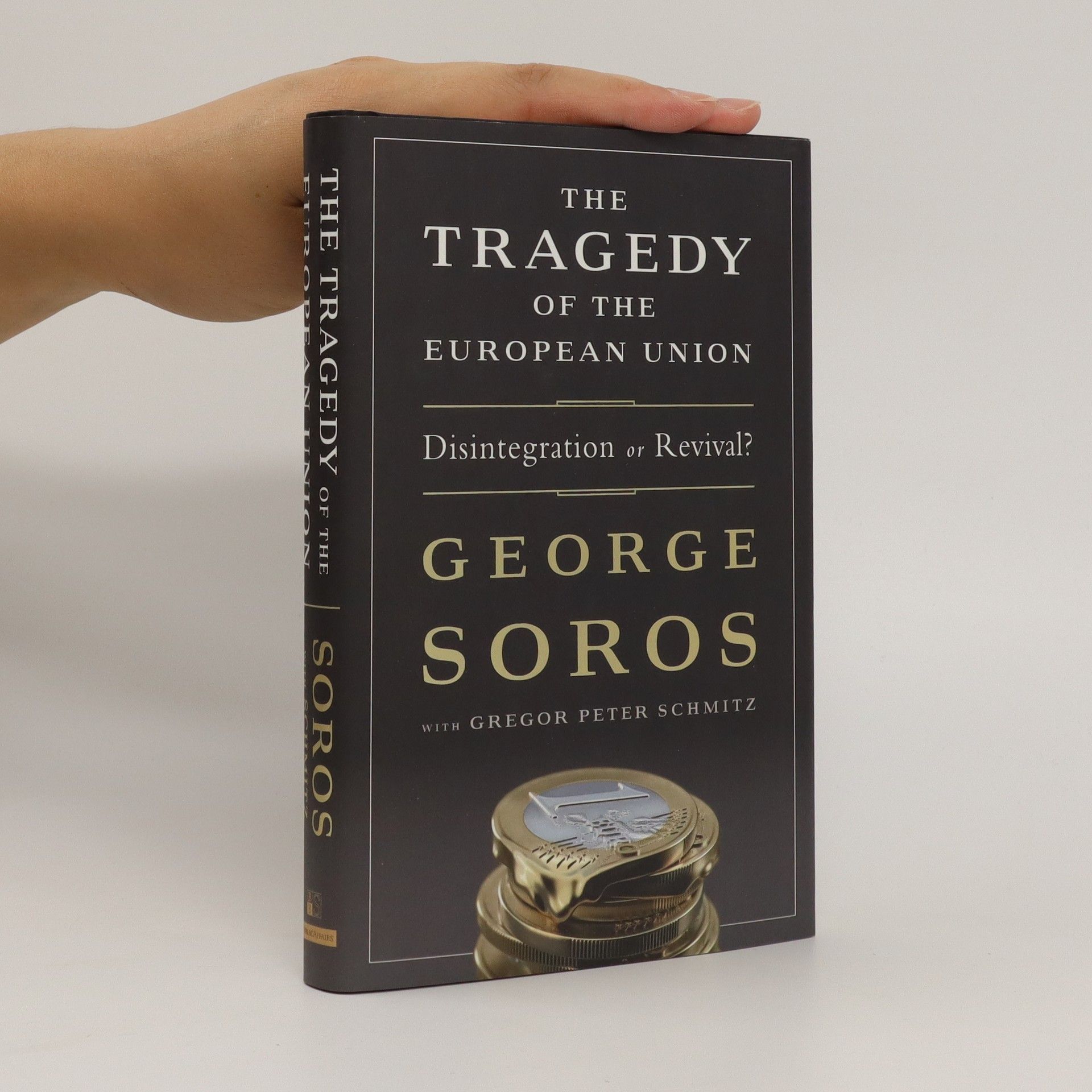In the midst of the most serious financial upheaval since the Great Depression, legendary financier George Soros explores the origins of the crisis and its implications for the future. In a concise essay that combines practical insight with philosophical depth, Soros makes an invaluable contribution to our understanding of the great credit crisis and its implications for our nation and the world.
George Soros Libros
George Soros es un financiero y empresario húngaro-estadounidense conocido por su filantropía, centrado en el apoyo a ideales y causas liberales. Se hizo famoso como "el hombre que quebró el Banco de Inglaterra" tras obtener presuntamente mil millones de dólares durante la crisis de la libra esterlina de 1992. Soros especuló correctamente que el gobierno británico tendría que devaluar la libra. Como uno de los financieros más exitosos de la historia, sus puntos de vista sobre inversión y temas económicos son ampliamente seguidos.


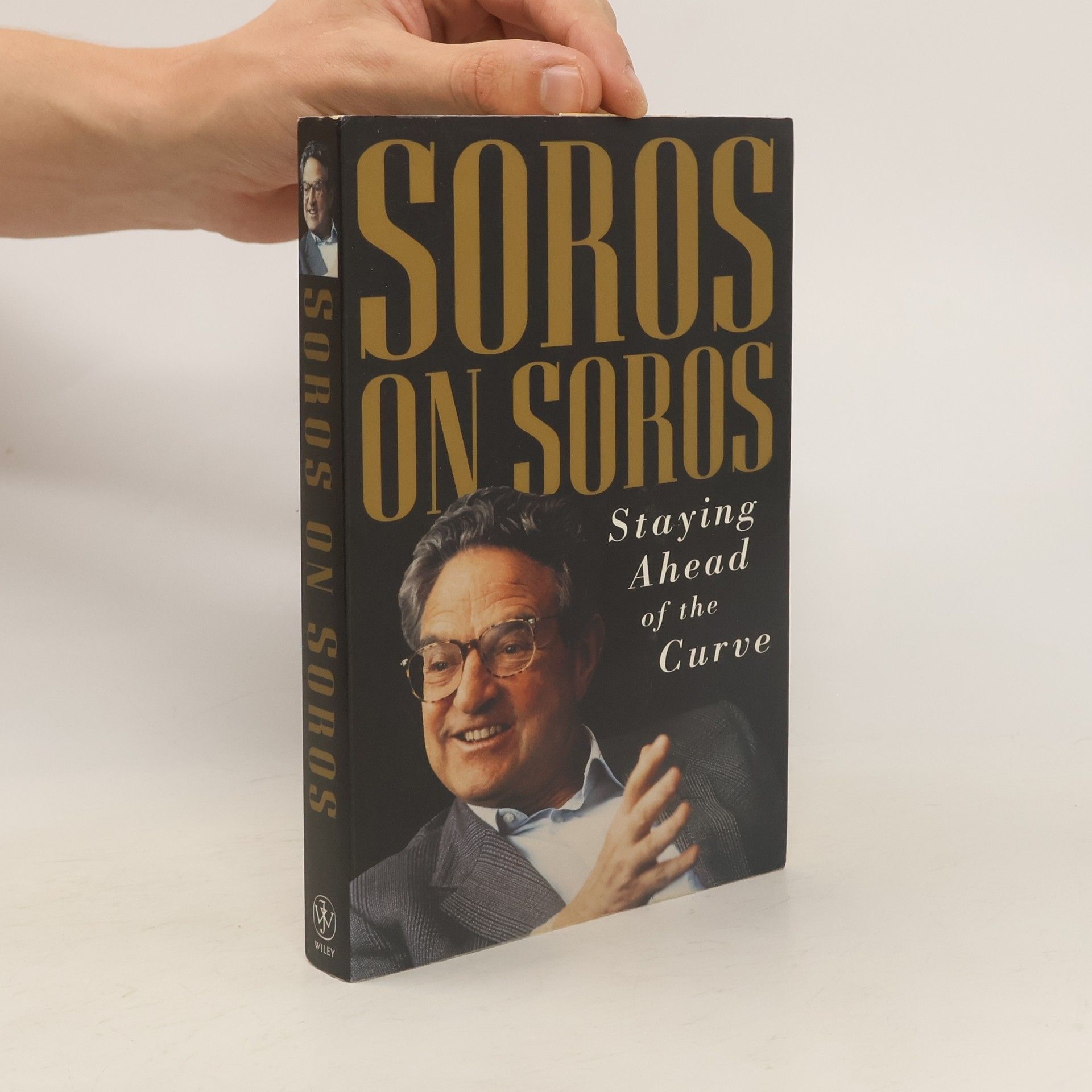
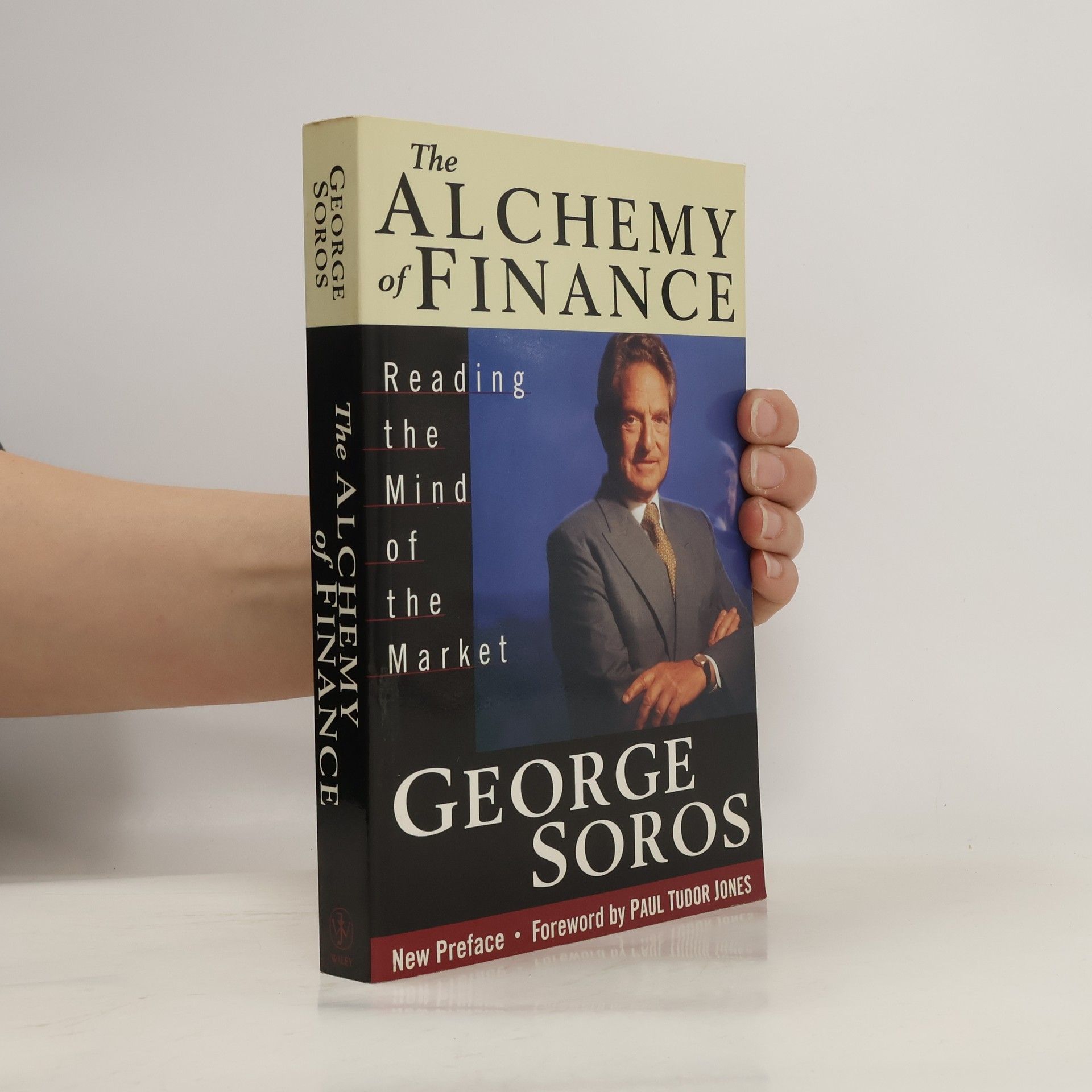
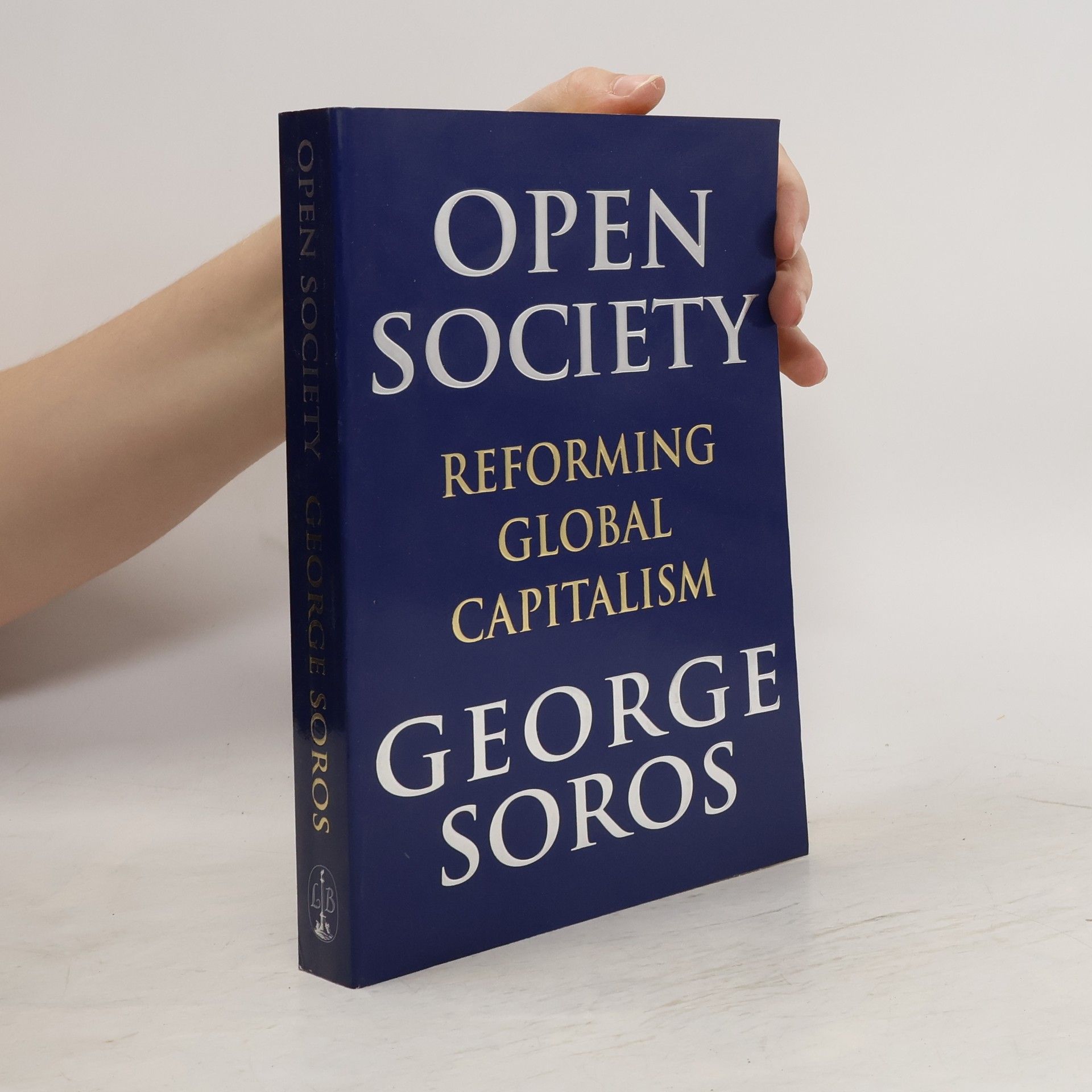
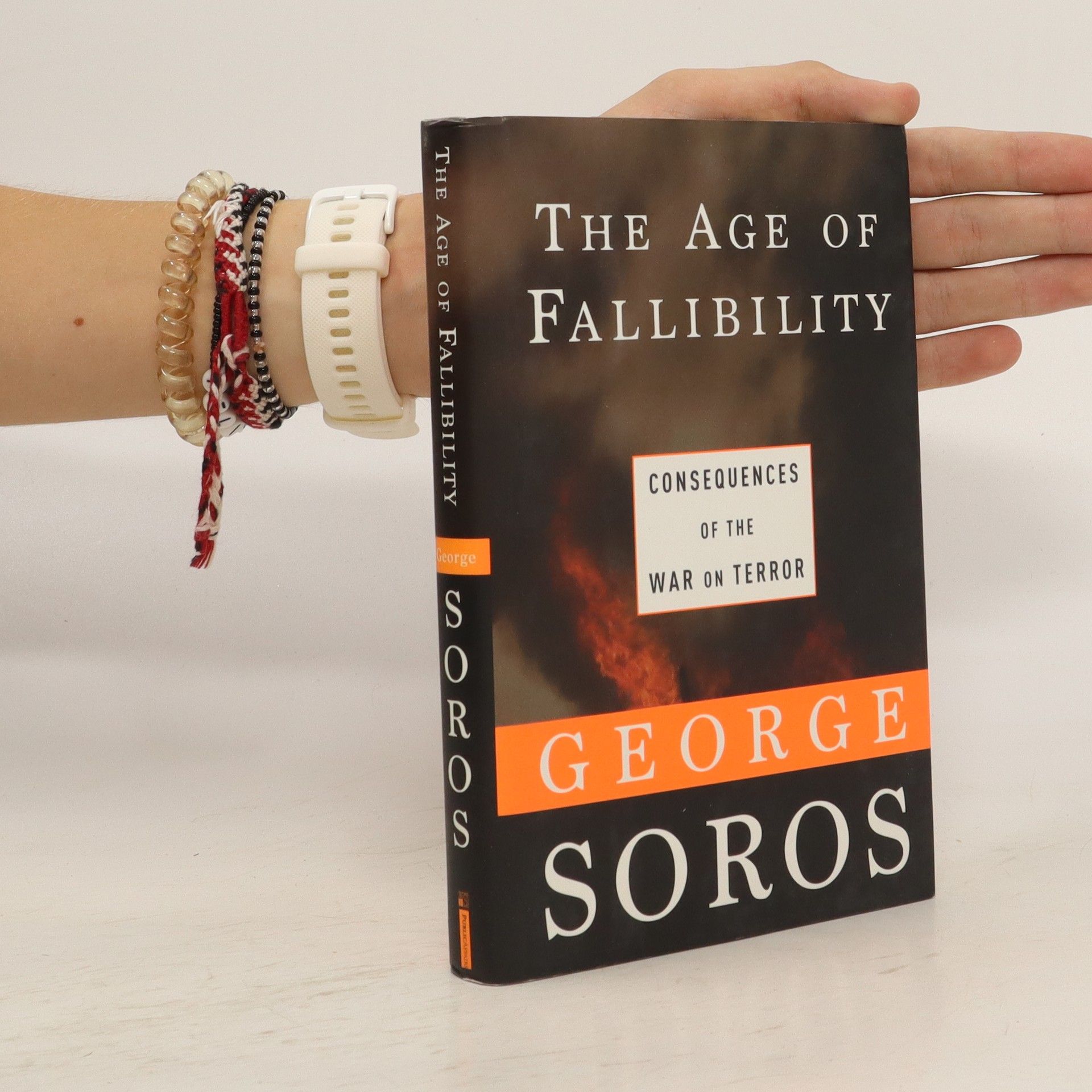
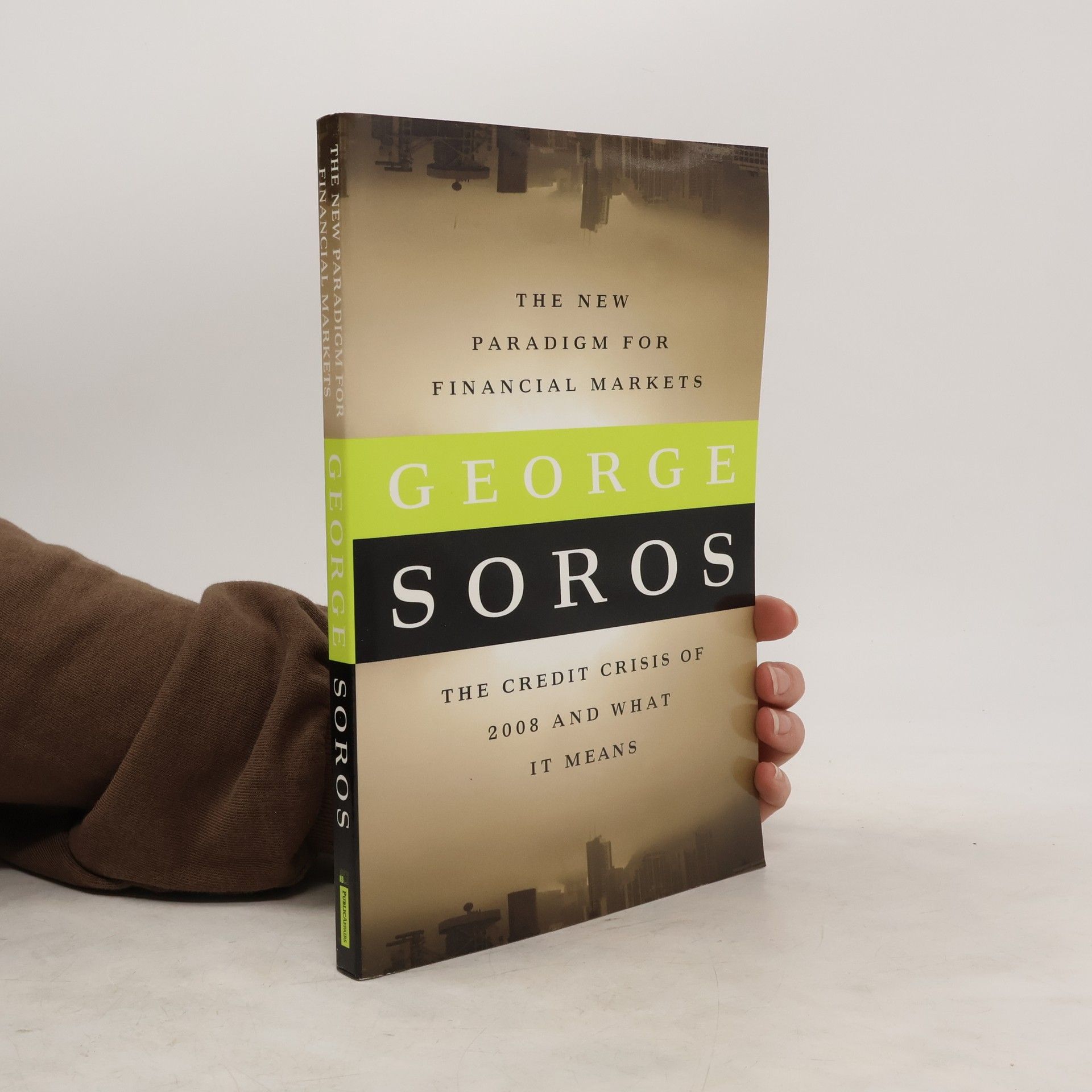
The Age of Fallibility
- 259 páginas
- 10 horas de lectura
Legendary financier and founder of the Open Society Institute George Soros offers crucial insight into the real meaning of freedom and how societies can best promote it. In powerful essays, he spells out how his views differ from President George Bush's.
Reforming Global Capitalism: A substantial revaluation of his international bestseller by a legendary financier and philanthropist. schovat popis
Internationally-renowned investment guru, George Soros presents a theoretical and practical account of current financial trends. Details his innovative investment practices along with his views of the world and world order. President of the phenomenally successful Quantum Fund, which has 4.2 billion in net assets, Soros describes his "theory of reflexivity" which underlies his unique investment strategies.
Soros on Soros : Staying Ahead of the Curve
- 326 páginas
- 12 horas de lectura
George Soros Ends the Speculation "The outcome [of this book] is a summing up of my life's work... As I finish the book, I feel I have succeeded.
In Defense of Open Society
- 224 páginas
- 8 horas de lectura
An impassioned defense of open society, academic and media freedom, and human rights. George Soros -- universally known for his philanthropy, progressive politics, and investment success--has been under sustained attack from the far right, nationalists, and anti-Semites in the United States and around the world because of his commitment to open society and liberal democracy. In this brilliant and spirited book, Soros brings together a vital collection of his writings, some never previously published. They deal with a wide range of important and timely topics: the dangers that the instruments of control produced by artificial intelligence and machine learning pose to open societies; what Soros calls his "political philanthropy"; his founding of the Central European University, one of the world's foremost defender of academic freedom; his philosophy; his boom/bust theory of financial markets and its policy implications; and what he calls the tragedy of the European Union. Soros's forceful affirmation of freedom, democracy, the rule of law, human rights, social justice, and social responsibility as a universal idea is a clarion call-to-arms for the ideals of open society.
The Tragedy of the European Union
- 173 páginas
- 7 horas de lectura
The European Union could soon be a thing of the past. Spurred by anti-EU sentiments due to the euro crisis, national interests conflict with a shared vision for the future of Europe. Is it too late to preserve the union that generated unprecedented peace for more than half a century? This is no mere academic question. In the past decade, the EU has declined from a unified global power to a fractious confederation of states with staggering unemployment, resentfully seeking relief from a reluctant Germany. If the EU collapses and the former member states are transformed again from partners into rivals, the US and the world will confront the serious economic and political consequences. In a series of revealing interviews conducted by Dr. Gregor Peter Schmitz, George Soros offers trenchant commentary and concise, prescriptive advice: The euro crisis was not an inevitable consequence of integration, but a result of avoidable mistakes; and excessive faith in the self-regulating financial markets that Soros calls market fundamentalism inspired flawed institutional structures that call out for reform. Despite the considerable perils of this period, George Soros maintains his faith in the European Union as a model of open society.--From publisher description.
Soros dissects the current crisis and economic theory in general, revealing how theoretical assumptions have combined with human behavior to lead to today's mess. He shows how unquestioning faith in market forces blinds kus to cruc instablilities have chain-reacted to cause the current crisis - a crisis that has the potential to get much, much worse
George Soros on globalization
- 160 páginas
- 6 horas de lectura
"Even before September 11, 2001, it was clear that not everyone was happy with globalization: violent protests have become a regular feature of international summit meetings, and many young people have expressed their strong opposition to policies that they see as enriching the rich at the expense of workers, the environment, and traditional culture.". "In this book, Soros not only identifies the problems but also puts forward practical proposals to make the system work better. In a thoughtful analysis of our existing international financial and trade institutions, Soros shows that while they aid wealth creation they fall short in providing other public goods. Soros deplores an unwitting coalition between market fundamentalists on the far Right and antiglobalization activists on the far Left bent on destroying the international institutions we have and calls for a different coalition that would work to reform and strengthen those intitutions. The missing element, the centerpiece of the new architecture, is the use of Special Drawing Rights for the provision of development assistance and public goods on a global scale."--BOOK JACKET.
Open Society Reforming Global Capitalism Reconsidered
- 369 páginas
- 13 horas de lectura
George Soros's The Crisis of Global Capitalism became an international bestseller and an instant classic; a must read for anyone concerned with the complex market forces that rule our global economy and create both prosperity and instability. Now, in Open Society , Soros takes a new and provocative look at the arguments he made in that book, incorporating the latest global economic and political developments into his analysis. He shows how our economic and political arrangements are out of sync. Recognizing that our existing institutions are under the sway of sovereign states, he proposes an "open society alliance" with the dual purpose of fostering open societies in individual countries and laying the groundwork for a global open society. In leading up to his inspiring vision, Soros presents an iconoclastic view of the world that has guided him both in making money and spending it on his network of Open Society Foundations. This book sums up the life's work of an exceptional individual. George Soros is the best fund manager in history, a stateless statesman, and an original thinker.
